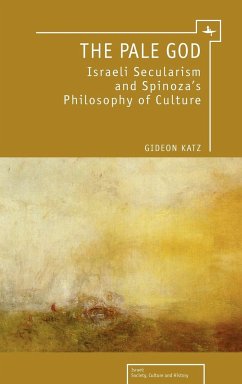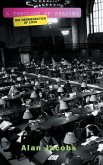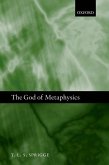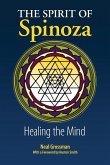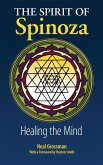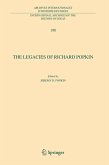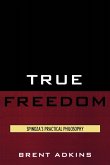The Pale God examines the relationship between secularism and religious tradition. It begins with a description of the secular options as expressed by Israeli intellectuals, and describes how these options have led to a dead end. A new option must be sought, and one of the key sources for this option is the works of Spinoza. The author explains that unlike Nietzsche, who discussed "the death of God," Spinoza tried to undermine the authority of religious virtuosos and establish the image of a rational "Pale God." Such changes could channel religious tradition to the basic principles of secular political rule. The author demonstrates that the secular option is inherent in Israeli society, fits the type of secularism that Zionism instilled in the Jewish people, and complements the traditional trends deeply rooted in that society.
Hinweis: Dieser Artikel kann nur an eine deutsche Lieferadresse ausgeliefert werden.
Hinweis: Dieser Artikel kann nur an eine deutsche Lieferadresse ausgeliefert werden.

